Connect with us
Published
1 year agoon
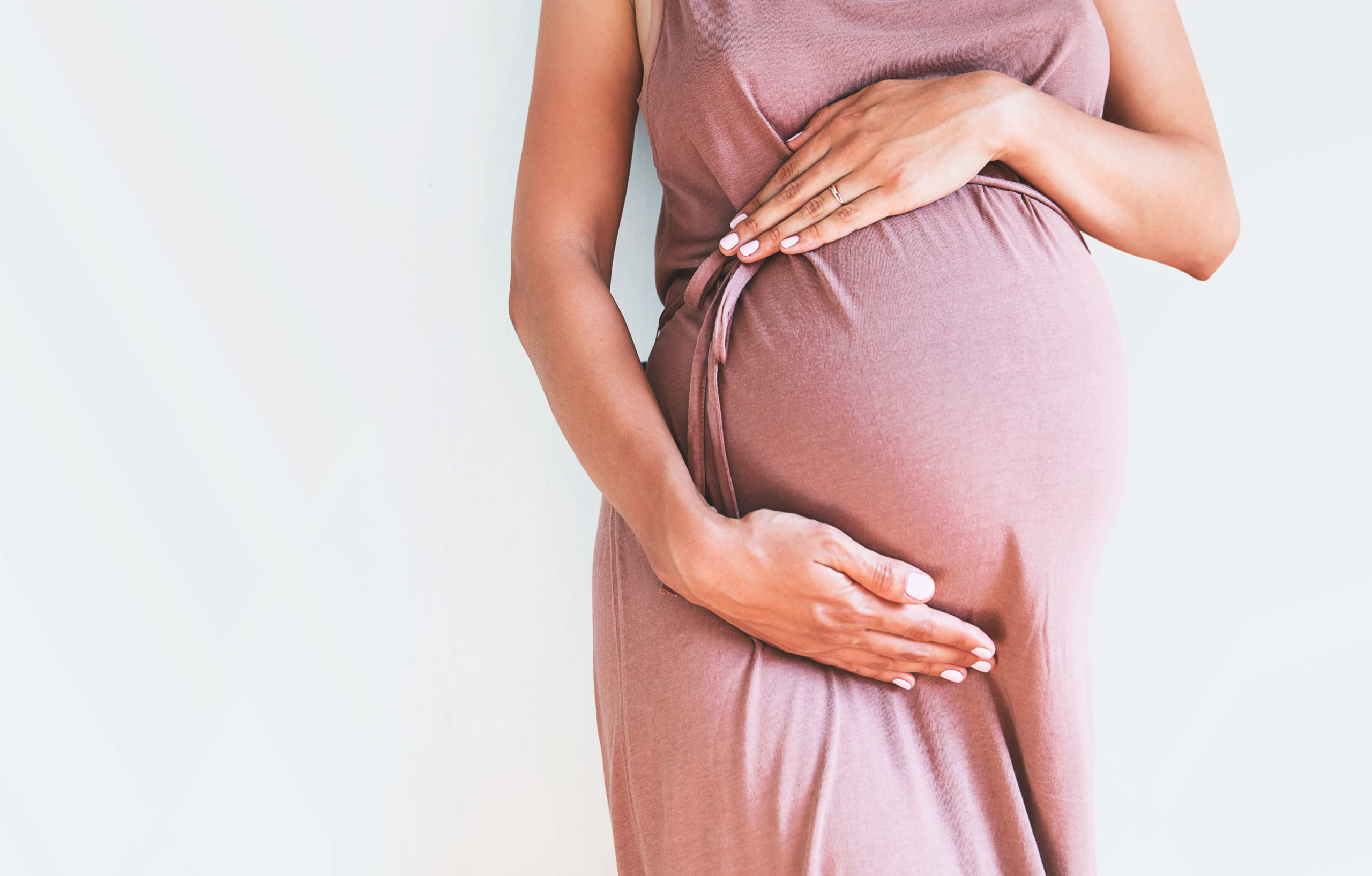
In the midst of the country’s growing cannabis industry and diminishing stigma surrounding the plant, the topic of cannabis use during pregnancy is still hotly debated. The Arizona Court of Appeals was faced with a similar question, whether cannabis use during pregnancy under the care and guidance of a physician is considered child neglect, ultimately siding with the mother, according to an AZCentral report.
The ruling reversed a decision by Department of Child Safety (DCS) Director Mike Faust, who placed a former DCS employee, Lindsay Ridgell, on the agency’s Central Registry. The registry lists people who the agency deemed neglected or abused their children and is part of that person’s record should they seek out employment involving children or other vulnerable positions.
Ridgell had a challenging pregnancy, compounded by hyperemesis gravidarum, which causes extreme, persistent nausea and vomiting, and ultimately found relief through her cannabis use. After giving birth, her son briefly stopped breathing. Doctors resuscitated the child, and the newborn tested positive for cannabis. The child was given a clean bill of health, but Ridgell was still placed on the state’s child abuse blacklist.
Presiding Judge Randall Hower said that, since Ridgell had a medical cannabis card prescribed through a doctor, her use of cannabis was the same as a pregnant person taking any other prescription medication under the direction of a doctor. Specifically, the court said that Arizona’s Medical Marijuana Act (AMMA) deems that cannabis use “must be considered the equivalent of the use of any other medication under the direction of a physician,” effectively leaving Ridgell in the clear.
Ridgell made the same argument, that her cannabis use was in compliance with the AMMA, according to the ruling. It also notes that, while the parties “disagree about many facts of the case, they do not dispute the facts critical to resolving the issue on appeal,” adding that the court approves legal questions, including statutory interpretation. Ridgell previously argued that her exposure did not constitute neglect, as it resulted from “a medical treatment administered to the mother or the newborn infant by a health professional.”
Under the AMMA, Ridgell was presumed to have taken cannabis for medical use, which means her unborn infant’s exposure to cannabis was “the result of medical treatment administered to the mother.” The DCS argued that Ridgell’s cannabis use should not be considered as part of medical treatment, since no doctor but her certifying cannabis doctor Kim Muhammad knew she was using medical cannabis to treat chronic nausea and that Dr. Muhammad also didn’t direct the dosage or timing of her use.
“But this argument contradicts A.R.S. § 36–2813(C), which expressly provides that marijuana use authorized under AMMA ‘must be considered the equivalent of the use of any other medication under the direction of a physician,’” the ruling reads. “Thus, by definition, using marijuana under AMMA is medical treatment ‘administered’ to Ridgell by a health professional. Taking marijuana as Dr. Muhammad authorized is the same as taking any other medication ‘under the direction of a physician.’”
Ultimately, Ridgell’s name was also removed from the state’s child abuse registry.
Ridgell’s attorney, Julie Gunnigle, praised the ruling: “It’s so magnificent!” adding that Ridgell had been “suffering” for four years as she fought the “uncertainty” of the case.
The Supreme Court declined to accept an Arizona DCS appeal, which defended the decision to list Ridgell on the child abuse registry. The department also lost a unanimous decision from the state’s Court of Appeals in April 2022, with the three-judge panel ruling that Ridgell’s cannabis use was lawful and didn’t amount to child neglect.
The ruling notes that the “extent of that protection may be unwise,” citing that the U.S. government still doesn’t recognize the “medicinal value of marijuana.” It notes that the AMMA even requires warnings at cannabis dispensaries, on the public website for the Arizona Department of Health Services and on a user’s medical cannabis registration card itself.
“But marijuana’s proper role in society has been long debated, and the wisdom of legislation is not for this court to decide,” the ruling reads. “AMMA protects Ridgell’s use of medical marijuana, and the Director consequently erred in placing her on the Central Registry for neglect.”
Ridgell has since moved cities and changed careers, and her son is happy, healthy and about to celebrate his fourth birthday. While she doesn’t plan to stop using medical cannabis, she told Jezebel that she is “terrified” to get pregnant again, citing the “terrible experience” of being pregnant and her fears of being hit with another lawsuit.


Cresco Labs Workers Reportedly De-Unionize
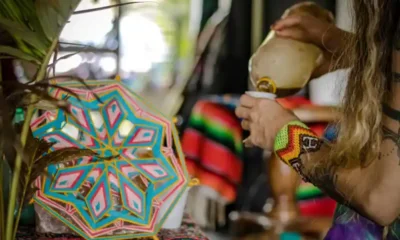

Arizona Church Reaches Settlement with DEA To Allow Sacramental Use of Ayahuasca
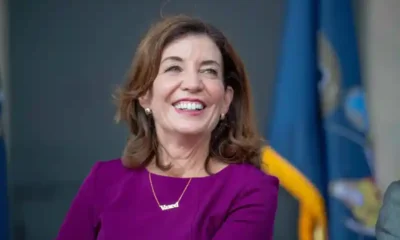

Gov. Kathy Hochul Honors New York’s 100th Adult-Use Retail Store Opening
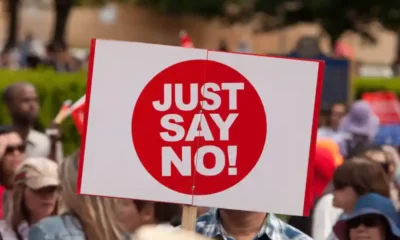

D.A.R.E. Officer of the Year Discusses Relative Using Medical Cannabis for Cancer
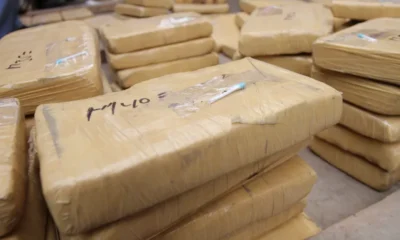

Sweden Authorities Seize 1.4 Tons of Cocaine, ‘One of the Biggest’ Seizures Ever


Uber Eats Shares ‘Dopest’ Cities With Most MJ Deliveries in British Columbia, Ontario
